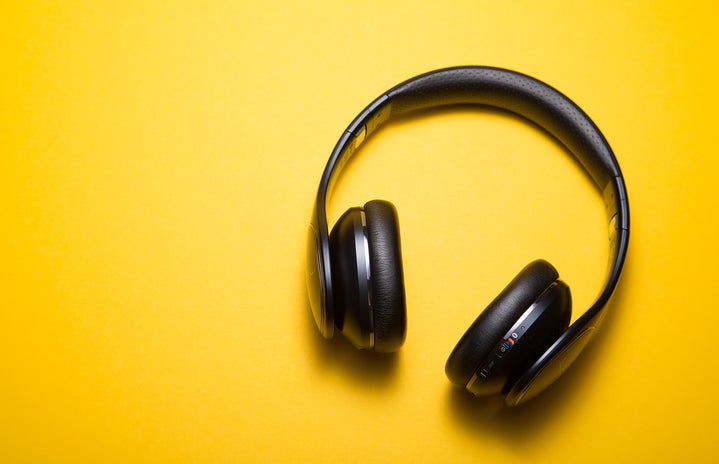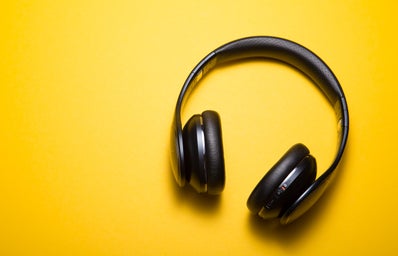If you like ASMR, can you recall the reason why? Do you get the tingles or the shivers down your spine? Do you feel warm and relaxed? If this is the case, I’m happy for you – really, I am. Everyone has their something.
I, however, was miserable when ASMR became a popular trend and started showing up all over my social media pages.
ASMR content makes me feel the exact opposite of calm. It incites the tingles in me, sure, but the kind that comes with being uncomfortable. ASMR makes me so anxious that I will physically curl myself into a ball with my hands pressed over my ears as tightly as I can get them.
I have a condition called misophonia, or “the hatred of sound.” It’s a fairly common condition — approximately one out of every six adults will be affected by it. However, not everyone is aware of this condition — whether or not it affects them.
Misophonia, like other mental illnesses, comes with triggers. These triggers are mostly auditory — including the sounds of eating, breathing or chewing — but may be accompanied by visual stimuli.
But everyone has at least one sound that drives them crazy, right? What makes misophonia different from regular auditory aggravation are the physiological and emotional responses that come from it. From anxiety to anger to panic, misophonia has the potential to send the sufferer into a state of fight-or-flight. According to Harvard Medical School, the parts of the brain responsible for outputting emotions like fear and anger are activated when someone with misophonia is responding to their triggers — which is likely why the reactions are so emotional.
My misophonia typically manifests as rage and has been with me for as long as I can remember. Growing up, I first noticed it manifesting whenever my dogs would lick themselves or drink water. My hands would clench and my entire body would tighten. I would scream and yell at them until they stopped because I had no other way to process the way these sounds made me feel.
Being older (with one therapy session under my belt), I can control this anger and identify when it is happening. Now, I am overwhelmed with a sense of anger that quickly displaces itself as irritability. My heart beats just a little bit faster. My triggers still include animals licking and drinking, but has now expanded to other sounds, such as the clicking of pens, tapping of surfaces, beeping of car horns, scraping of bowls, or the sound of someone’s pants scraping against their skin as they bounce their leg up and down. These are just a few examples.
My misophonia is mostly manageable through auditory distractions like music and white noise, but that’s not to say it isn’t a huge part of my being. Navigating everyday life can get a little more complicated when the simple sound of a car horn sends me into a panicked spiral. But while it may be manageable for me, that does not mean it is for everyone else who suffers from it. For others, misophonia may push them to avoid friends and family as a way to avoid their trigger sounds entirely. Because it is one of those conditions that lies on such a fine line, it helps to better understand it because of the fact that it is so silent, even to those who may have it.



